10 Reasons Why Daylight Saving Time Is Actually the Worst
It's not just losing an hour of sleep—these are the worst things about Daylight Saving Time.
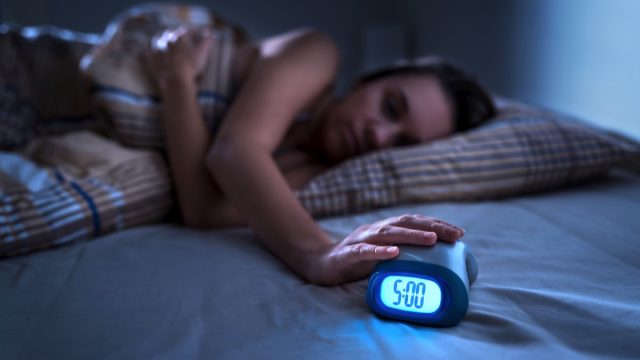
If the thought of losing an hour of sleep to Daylight Saving Time every year frustrates you, you're not alone. In fact, this ire-provoking time change may trigger some profound changes in your life that extend well past sleep deprivation. If you want an easy way to justify your anger toward springing forward, we've rounded up the 10 worst things about Daylight Saving Time. Turns out, there's a lot of science behind why we should probably stop switching our clocks around ASAP.
1
You'll make unhealthier eating choices.

Those extra hours of sunlight in the afternoon and evening you get from Daylight Saving Time mean darker mornings. Unfortunately, this may mean we make worse food choices. A 2012 study published in the International Journal of Endocrinology showed that increased exposure to morning light can reduce the body's production of hunger hormones; less light, on the other hand, may increase your risk of overeating or grabbing an unhealthy snack.
2
You're more likely to get locked up.
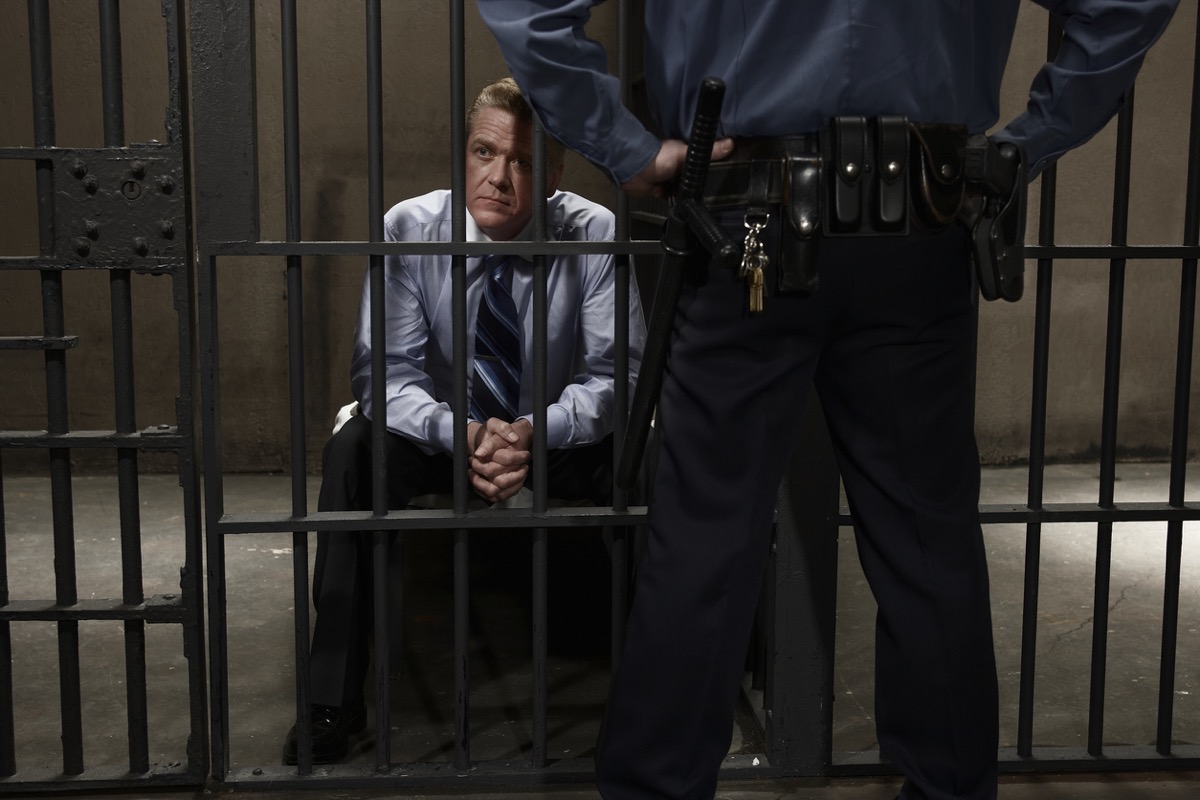
Strange as it may seem, Daylight Saving Time might mean you find yourself in more serious legal trouble. According to a 2016 study from the Association for Psychological Science, judges hand out harsher sentences the day after the DST switch.
3
You'll be less productive.

Fridays aren't the only time productivity takes a nosedive around the office. One 2018 study by SleepBetter.org even estimates that the hour we lose during Daylight Saving Time—which causes sluggishness—ends up costing businesses in the United States $434 million.
4
You'll sleep less.
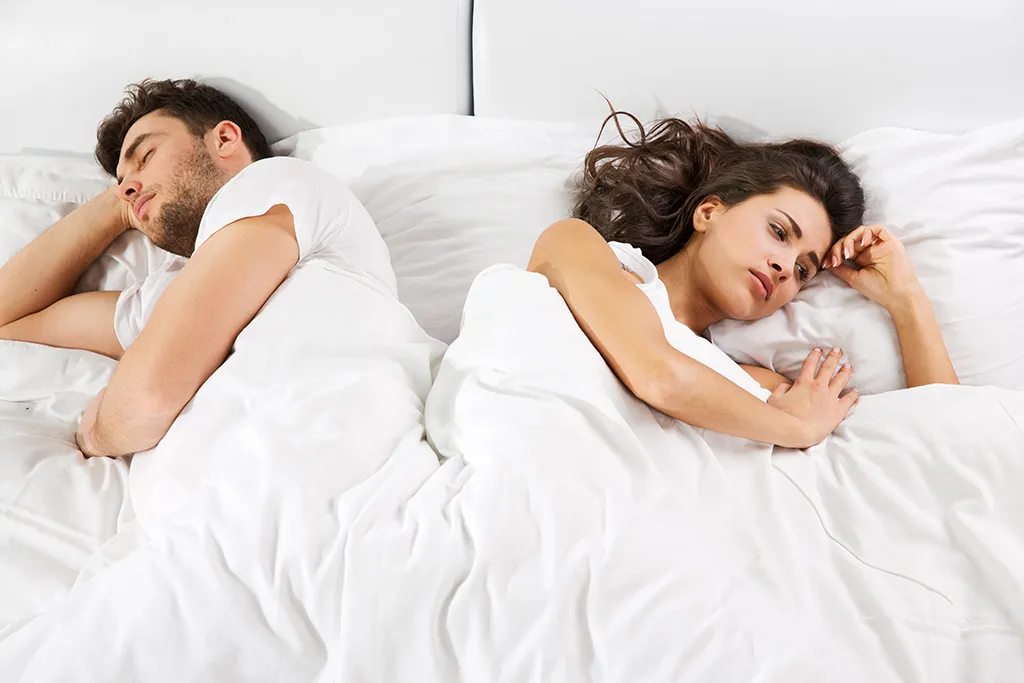
The biggest complaint about Daylight Saving Time is, undeniably, the hour of sleep it costs us. However, what many people don't realize is how pervasive the effects of that loss of sleep actually are. A 2016 study published in Sleep Medicine Reviews reveals that the single hour of sleep lost during Daylight Saving Time can actually prompt a pattern of total sleep deprivation that's not readily made up for—making us crankier, reducing our mental acuity, and making us less healthy overall in the long run.
5
You'll miss medical appointments.

Even if you're usually a punctual person, the transition to Daylight Saving Time could have you missing some important appointments. Your phone's clock changes on its own, so what's the excuse here? Rest assured, you're not alone. A 2017 study in The Journal of Biological and Medical Rhythm Research found that "the number of missed medical appointments significantly increased following the spring (forward) clock change and the week of the clock change."
6
You'll get lower test scores.

If you have any tests coming up, you might want to reschedule. For those college-bound students, at least, it would be wise to postpone your SAT tests till after the week post-Daylight Saving Time transition. A study published in 2016 in the Journal of Neuroscience, Psychology, and Economics found a significant negative correlation between the loss of an hour and SAT scores.
7
You'll gobble up more electricity.
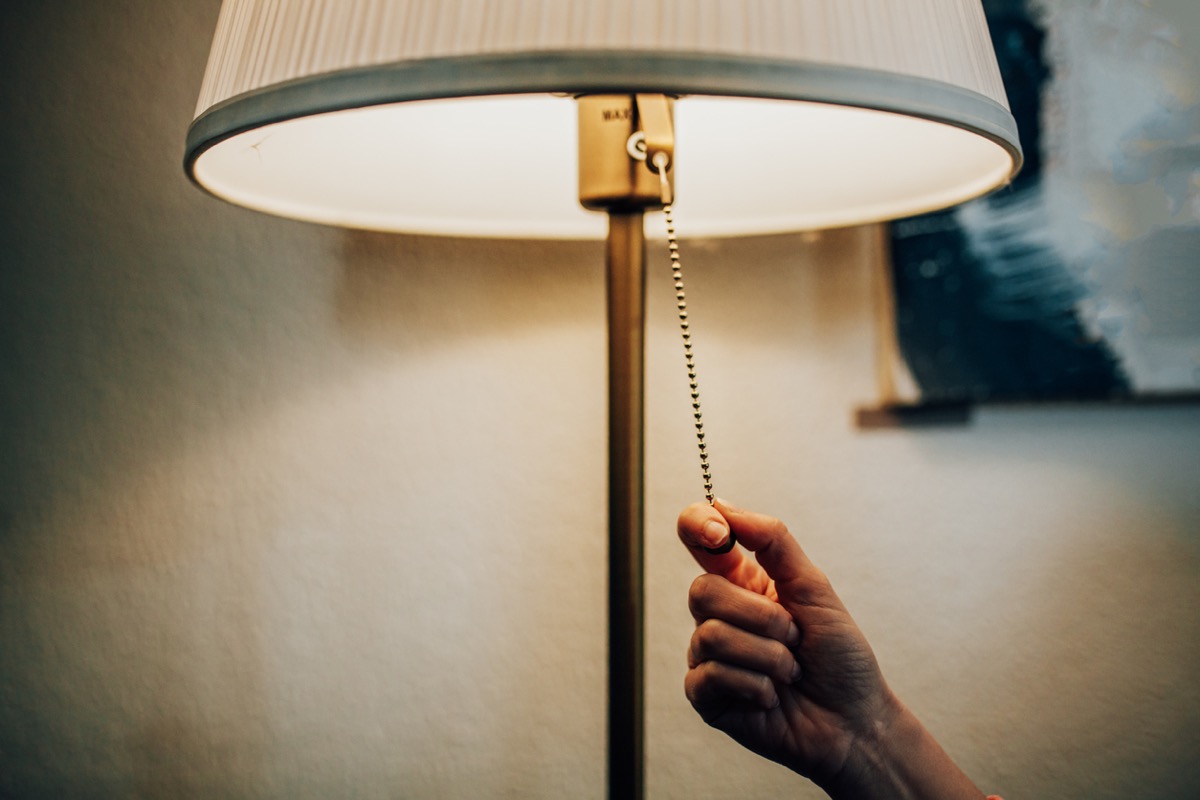
While it may seem counterintuitive, you're likely to see your utility bills go up during Daylight Saving Time. According to a pivotal 2008 study by the National Bureau of Economic Research, we actually use more energy when we switch to Daylight Saving Time than when we fall back—and we pay more as a result.
8
You'll look older.
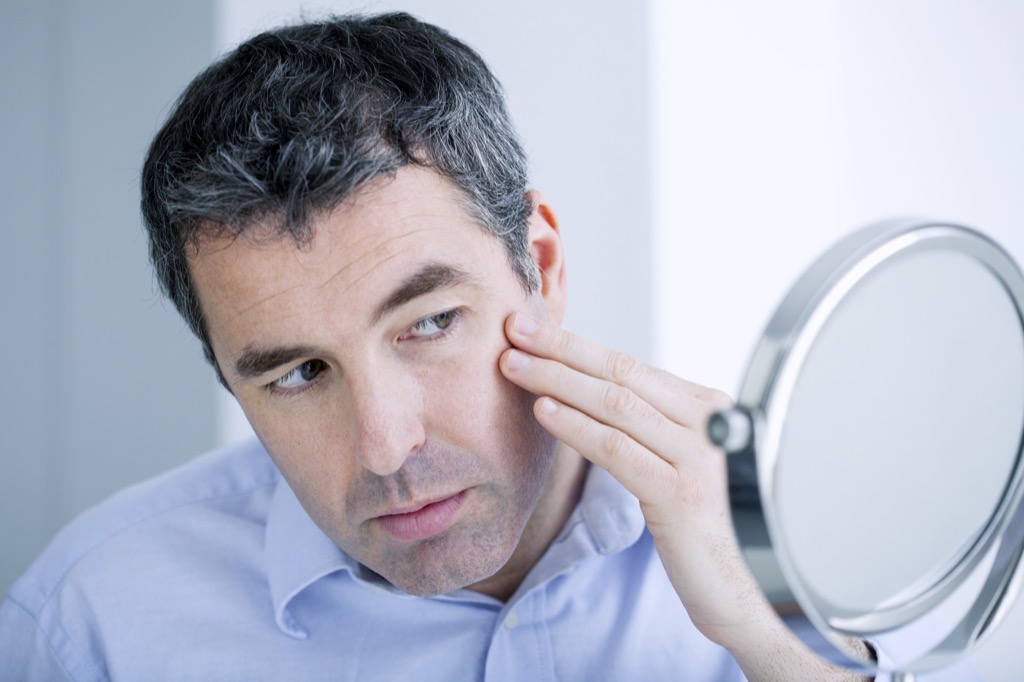
That extra hour of sunlight you're getting in the afternoons during Daylight Saving Time does more than just increase your skin cancer risk. Sunlight ages the skin, increasing the appearance of fine lines and wrinkles. In fact, researchers at Case Western Reserve University in 2009 found that identical twins who got more sun exposure looked significantly older than their sun-avoiding counterparts.
9
You'll spend more cash.

Those long days during DST may hurt your bank account. According to a 2016 study conducted by J.P. Morgan Chase, Daylight Saving increases per capita spending on cards by 0.9 percent, while the end of DST marks a dip in spending of 3.5 percent.
10
You'll have lower life satisfaction overall.

No, it's not just you. While the longer days may help out with seasonal affective disorder, Daylight Saving Time seems to cause an overall decrease in life satisfaction. According to a 2014 study in Economics Letters, the transition to DST has a significant impact on lowering your mood and well-being, especially for those working full-time.





















